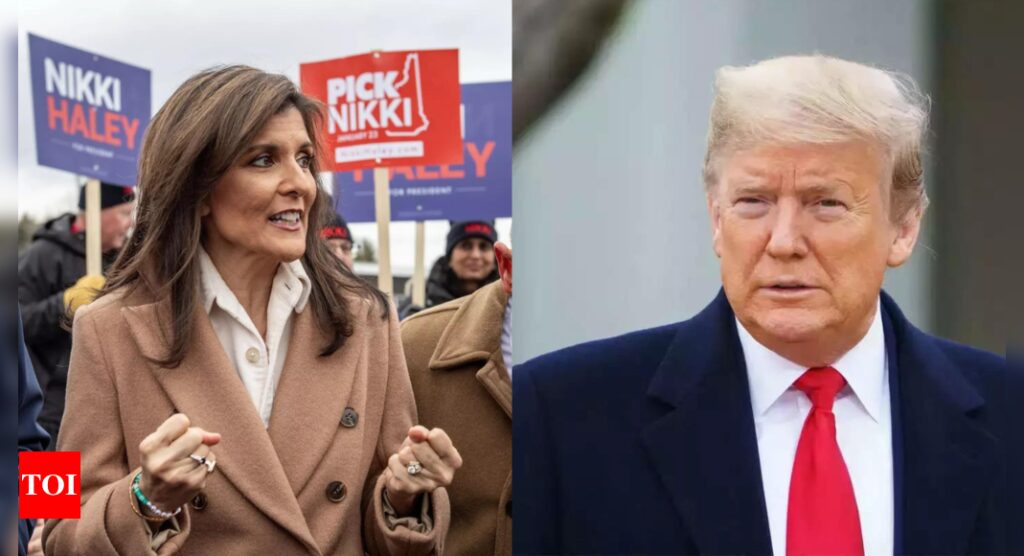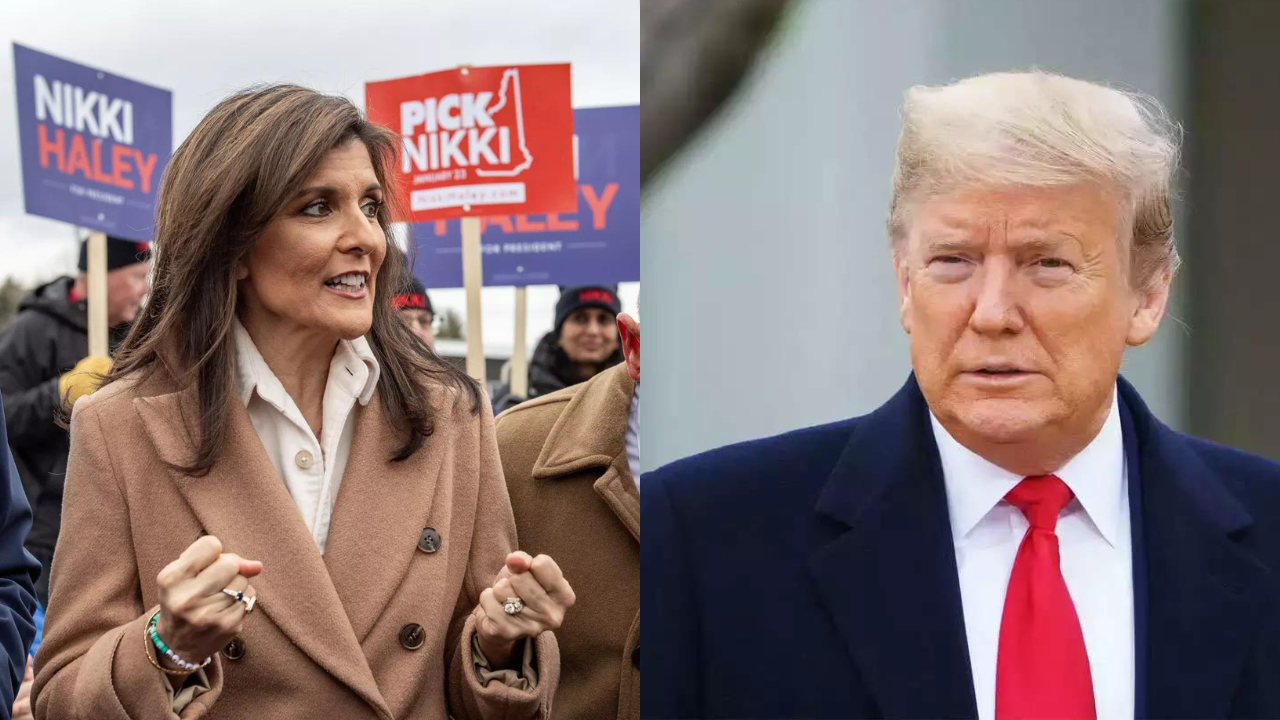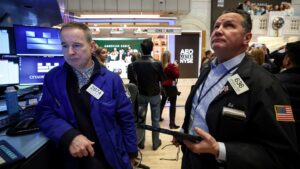Haley, Trump, and the Absurdity of US Primary Elections | Indian News | World News – Times of India

WASHINGTON: All six voters in an outpost called Dixville Notch — which has worked its way into American electoral folklore by voting at midnight — cast their ballots for Nikki Haley, with Donald Trump getting none in the New Hampshire Republican primary on Tuesday. But rather than presage a similar pattern across the state in voting later in the day, the event, witnessed by ten times as many journalists as voters, underscored the sketchy exercise that passes off as elections in the United States.
It is a country where election laws, rules, and regulations vary not just by state, but sometime even by counties and towns — like Dixville Notch, which has made a fetish of midnight voting. While some states, like Iowa, hold caucuses (which are run by political parties and involves voters dividing themselves into vocal groups based on the candidate they prefer), others, like New Hampshire, hold primaries, which involve regular voting and are run by state and local governments.
In either case, voters are not directly electing a candidate; they are choosing delegates who will represent them at the national party conventions. Each state is given a specific number of delegates, and while some states have a winner-take-all system, meaning the candidate with most votes in a given primary gets all the delegates, other states opt to split up the delegates by the percentage of votes each candidate receives under a proportional allocation system. The mathematical details of that division can vary by state and party.
Just how bewildering the whole exercise has become — the confusion carries into the general election — is evident from the mess in the Democratic Party, which is also having primary election in New Hampshire that no one is paying attention to because President Joe Biden was expected to be a shoo-in for the party nomination.
But at some point, Democratic Party grandees decided to change the traditional calendar and scheduled the first party primary in South Carolina, which has a large black population, rather than white-dominated Iowa or New Hampshire. The state officials revolted, saying local laws require it to be the first primary in the nation. (Iowa doesn’t count, because it’s a caucus.)
The Democratic National Committee decided not to put President Biden on the primary ballot. But state officials allowed some 20 other aspirants for the party nominations to be on the ballot. The DNC then said the primary in New Hampshire is “meaningless” because it is not allotting it any delegates. State officials fumed that declaring the New Hampshire primary meaningless amounted to “voter suppression.”
Meanwhile grassroots Democrats in the state launched a campaign to urge voters to write in Biden’s name, and it’s possible he could still win — without being on the ballot and without the exercise allocating any delegates. Even if he does not win in New Hampshire, there are other states with more delegates that could power him to the party nomination.
The sheer dodginess of the whole exercise is what gives Nikki Haley hope to stay on in the nomination race, even though polls give Donald Trump a 10 to 20 point lead statewide. But New Hampshire allows independents, who are not affiliated with either party, to vote in the party primaries (other states allow only voters registered with a party to vote in the primaries). The state has a large (nearly 40 per cent) independent voting bloc. Haley campaign is hoping they turn up to help her upstage Trump or at least keep the margin of defeat narrow, so she can move on to the next primary in her home state of South Carolina.
It is a country where election laws, rules, and regulations vary not just by state, but sometime even by counties and towns — like Dixville Notch, which has made a fetish of midnight voting. While some states, like Iowa, hold caucuses (which are run by political parties and involves voters dividing themselves into vocal groups based on the candidate they prefer), others, like New Hampshire, hold primaries, which involve regular voting and are run by state and local governments.
In either case, voters are not directly electing a candidate; they are choosing delegates who will represent them at the national party conventions. Each state is given a specific number of delegates, and while some states have a winner-take-all system, meaning the candidate with most votes in a given primary gets all the delegates, other states opt to split up the delegates by the percentage of votes each candidate receives under a proportional allocation system. The mathematical details of that division can vary by state and party.
Just how bewildering the whole exercise has become — the confusion carries into the general election — is evident from the mess in the Democratic Party, which is also having primary election in New Hampshire that no one is paying attention to because President Joe Biden was expected to be a shoo-in for the party nomination.
But at some point, Democratic Party grandees decided to change the traditional calendar and scheduled the first party primary in South Carolina, which has a large black population, rather than white-dominated Iowa or New Hampshire. The state officials revolted, saying local laws require it to be the first primary in the nation. (Iowa doesn’t count, because it’s a caucus.)
The Democratic National Committee decided not to put President Biden on the primary ballot. But state officials allowed some 20 other aspirants for the party nominations to be on the ballot. The DNC then said the primary in New Hampshire is “meaningless” because it is not allotting it any delegates. State officials fumed that declaring the New Hampshire primary meaningless amounted to “voter suppression.”
Meanwhile grassroots Democrats in the state launched a campaign to urge voters to write in Biden’s name, and it’s possible he could still win — without being on the ballot and without the exercise allocating any delegates. Even if he does not win in New Hampshire, there are other states with more delegates that could power him to the party nomination.
The sheer dodginess of the whole exercise is what gives Nikki Haley hope to stay on in the nomination race, even though polls give Donald Trump a 10 to 20 point lead statewide. But New Hampshire allows independents, who are not affiliated with either party, to vote in the party primaries (other states allow only voters registered with a party to vote in the primaries). The state has a large (nearly 40 per cent) independent voting bloc. Haley campaign is hoping they turn up to help her upstage Trump or at least keep the margin of defeat narrow, so she can move on to the next primary in her home state of South Carolina.







